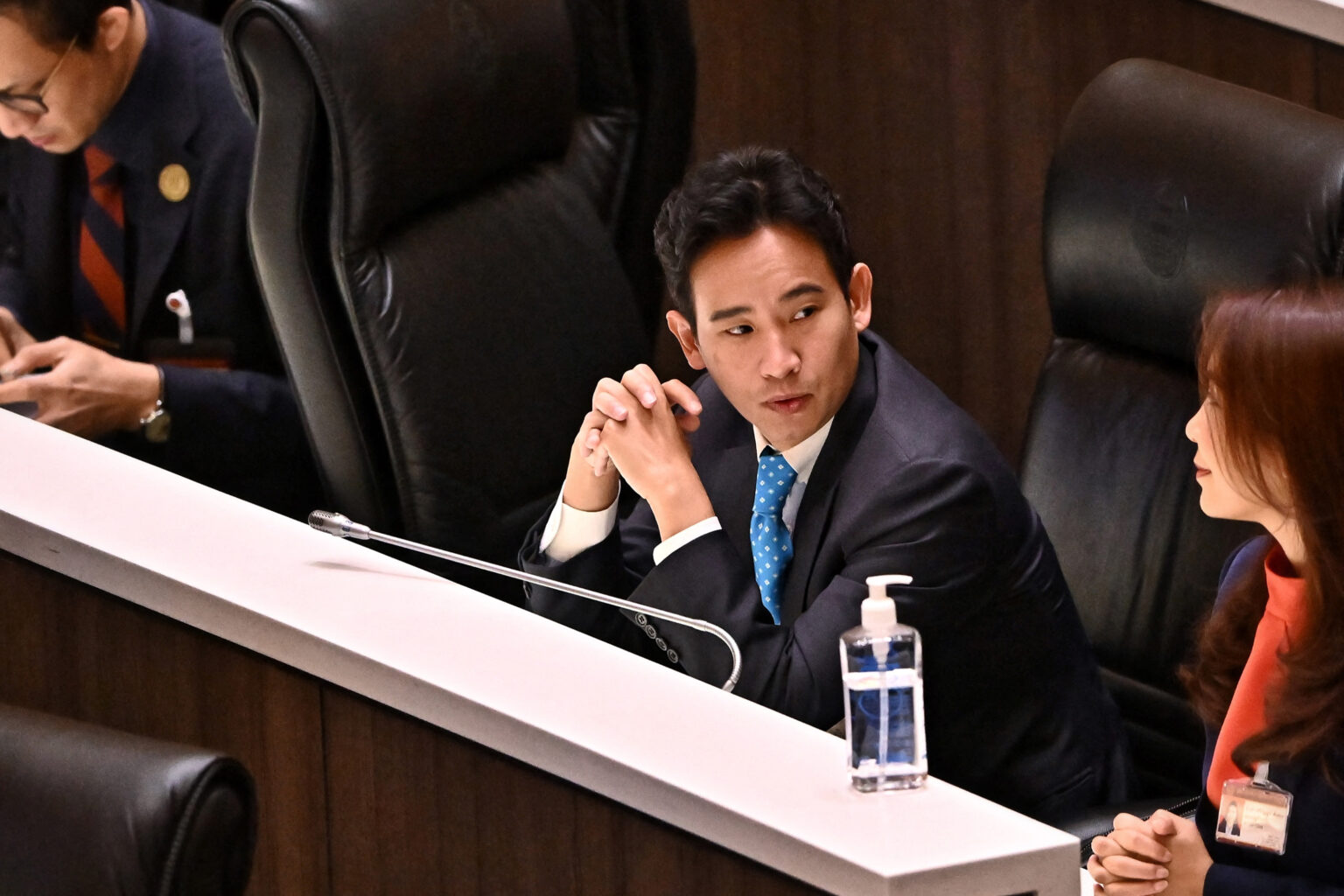As the Thai parliament prepares for another prime ministerial vote, Pita Limjaroenrat, the leading candidate from the victorious Move Forward party, finds himself locked out of the running, according to a deputy speaker’s announcement.
This move has stoked the fire of public discontent, sparking street protests amidst an already tense post-election landscape. Just two months ago, Pita’s party soundly defeated their military-backed competitors, however, his re-nomination was staunchly opposed, leading to the present crisis.
The deputy House Speaker Pichet Chuamuangphan clarified that, “A candidate can only be nominated once in each parliamentary session.” Pita, a US-educated 42-year-old, has faced relentless opposition from the country’s conservative and royalist forces, who find themselves at odds with his party’s anti-establishment policies.
His second attempt to claim the premiership was thwarted by the parliament, and he was subsequently suspended from his legislative duties by the Constitutional Court pending an investigation into allegations of election law violations. These accusations, which Pita vehemently denies, involve his alleged ownership of shares in a media company.
The political and legal hurdles Pita faces have drawn outrage from his followers. The citizens’ sentiment is aptly reflected in a protestor’s poignant remark, “If we have elections and this is all we get, why don’t you just choose it yourself.” This statement was met with cheers from a crowd clad in black, gathered in central Bangkok. Their online solidarity was apparent too, as the protest’s hashtag saw over 2 million uses on Twitter.
Also read: Redhill Appoints Windy Anindya Putri as Country Head for Indonesia in Strategic Expansion
Despite the political tumult, the country’s financial markets have demonstrated resilience. The main Thai stock index has ascended by roughly 2.6 per cent since July 14, a day after Pita’s first parliamentary denial. Concurrently, the Thai baht has appreciated by 1.7 per cent against the dollar, attracting foreign investors who purchased a net of 15.8 billion baht in Thai shares and bonds between July 14-19.
Speculations are rife that next week will see the nomination of Srettha Thavisin, a political novice and real estate magnate from the Pheu Thai party, as the candidate for premier. The Pheu Thai party is part of Pita’s eight-party alliance.
As the political drama unfolds, activists are rallying for more protests, encouraging people to don black attire as a symbol of their disagreement with the seemingly unfair regulations.
Given the constitution’s apparent bias towards conservative parties, securing at least 375 votes from the combined bicameral legislature is a requisite for any PM candidate. This system, heavily criticized by protestors, involves a junta-appointed 249-member senate and an elected 500-member lower house.
The call to action for the senators is clear – resign. The protestor’s urge Pita’s coalition to remain united and uphold their election promises, indicating an upcoming turbulent period in Thai politics.
(Sourced from Malay Mail)

















